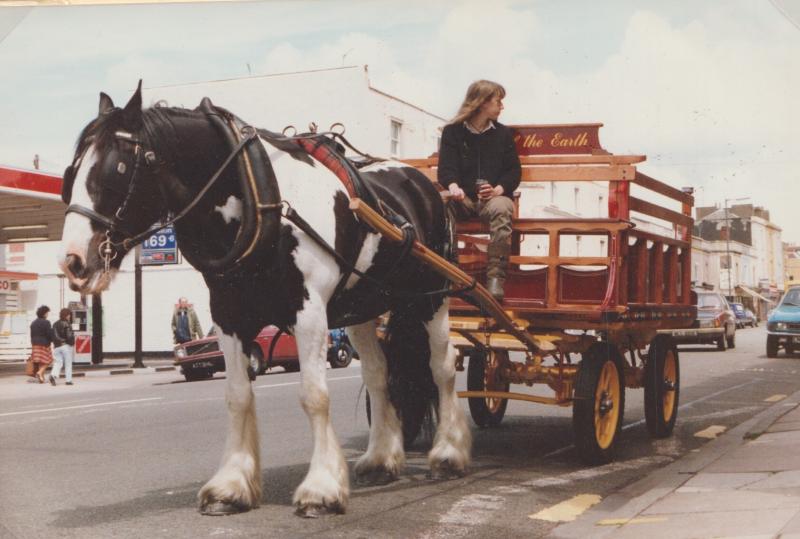Mary Stevens11 Mar 2025
Bristol has a waste problem. Fly-tipping, overflowing bins and litter-strewn streets are common sights. I recently organised a litter pick with neighbours and in just one hour we collected 10 bags of waste from a small area of the Bristol-to-Bath railway path (in a significant wildlife habitat on the toad migration routes).
Meanwhile, as a city we are spending over £44 million per year on waste services. Waste treatment costs money – recycling more of it can bring in revenue, money that is urgently needed for a wide range of other council services.
This is the context in which the current waste consultation is taking place. Proposals to reduce the frequency of black bin collections have hit the headlines – but those who oppose changes have not offered many alternative solutions. At a time when local authorities are squeezed for resources, Bristol will not be the only city making difficult choices.
Ideas that bring to life alternative possible futures.
Yet Bristol has an incredible history of innovation in waste and recycling. As a programme lead in the innovation team here at Friends of the Earth, whose job is all about developing and promoting fair practical solutions to the climate and nature emergencies, I often reflect on past innovation. Even things that seem intractable can change – our job is to show people how. And in my work I often tell audiences all over the country the story of Bristol’s pioneering approach to waste.
Friends of the Earth was founded in the UK in 1971. In that same year Bristol Friends of the Earth launched with its first campaign: a protest against non-returnable bottles from drinks company Schweppes. In a nationally co-ordinated action, they collected and left 500 bottles on the doorstep at the Schweppes Offices in Brislington. (Fifty years on and we are still looking at options to re-introduce the deposit schemes that were scrapped in the 1970s!)
But they didn’t stop there. In 1976 Avon Friends of the Earth began a small-scale paper recycling service in response to Council cuts. By the 1980s they had set up ResourceSaver, offering kerbside recycling at a time when most Local Authorities said that collection from people’s homes was impossible. Other pioneering and well-loved initiatives followed in the 1980s, including the Sofa Project and the Children’s Scrapstore (both still going strong as independent social enterprises).
Fast forward to 2003 and the experience of Bristol was key to convincing the Government to pass the Household Recycling Act, mandating Local Authorities to introduce kerbside recycling across the country. Anyone who said it couldn’t be done just had to look to Bristol. A combination of inspiring, grassroots practical action and evidence-based campaigning resulted in a big policy change. It’s still a textbook case for environmental action.
Innovation has continued to flourish in Bristol.
In 2006 Bristol became the first UK city to offer food waste recycling to all residents – a service only being introduced in Birmingham this year. And from Bristol Wood Recycling Project, to the growing network of Share libraries, to plastic campaigners City to Sea and Plastic-Free Ramadan, Bristol residents are continuing to blaze a trail. The next wave of solutions is also being incubated here at literally every scale, from tech start-up Matter, keeping micro-plastics out of waste water to FactoryX, enabling the next generation of circularity in construction materials.
What if...
Bristol currently recycles 45% of its waste, but disappointingly this percentage has been declining over the last 5 years. What if instead of trying to resist change, Bristol residents saw the current waste consultation as an opportunity to up our game and build on this inspiring legacy and strength in innovation?
What if waste innovation became as much a part of our city story as the creative industries? What if this were the next step on a journey to a truly zero waste city? I can’t wait to get out and tell that story.


